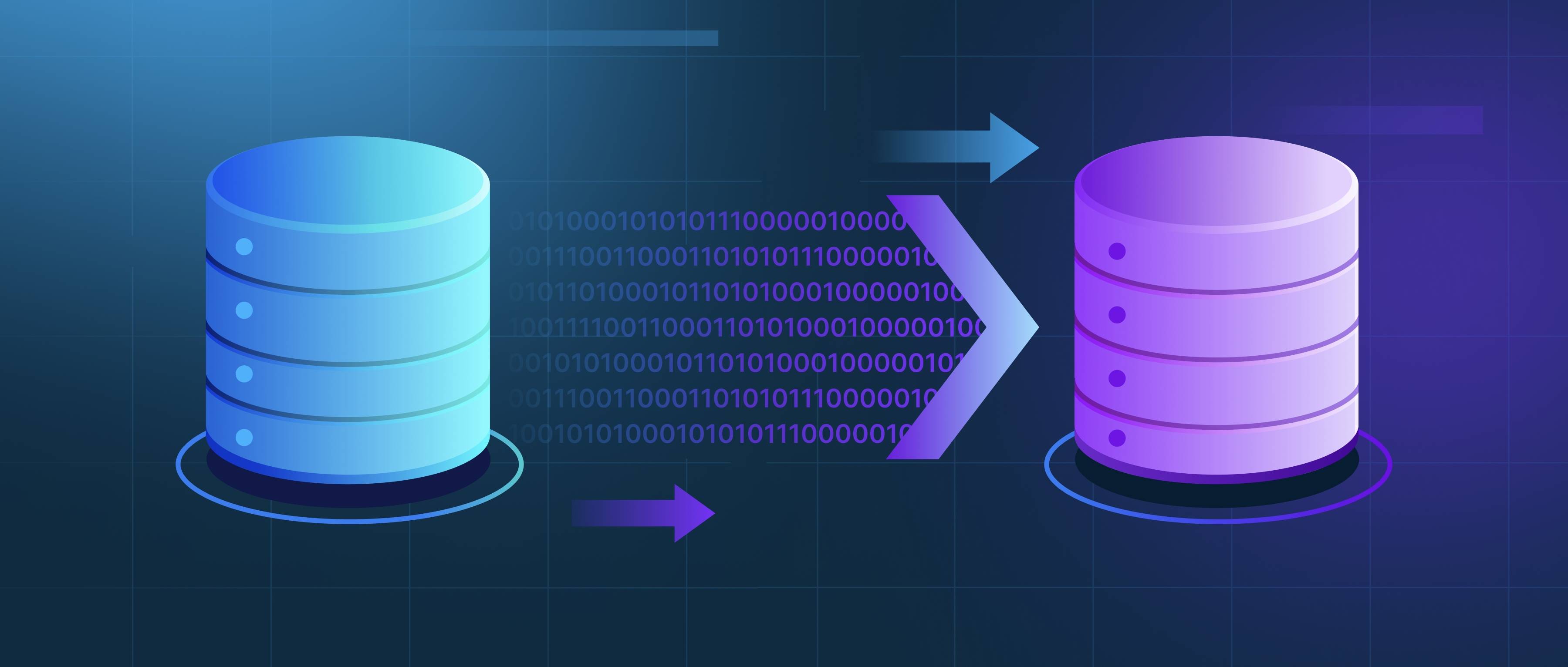DeepSeek takes data privacy seriously during model training by implementing several key strategies to ensure that sensitive information remains protected. First and foremost, the platform utilizes data anonymization techniques, which remove personal identifiers from the training data. This means that even if the dataset contains information like names or addresses, these details are obscured, making it impossible to trace the data back to any individual. By using techniques such as tokenization or hashing, DeepSeek guarantees that the data used in training does not compromise user identities.
In addition to anonymization, DeepSeek also adopts strict access controls and data governance policies. Only authorized personnel have access to data that may contain sensitive information, and these permissions are closely monitored. The platform employs encryption methods both for data at rest (stored data) and data in transit (data being transferred), ensuring that any data processed or stored by the system is secure from unauthorized access. By controlling who can see or manipulate the data, DeepSeek minimizes the risk of any potential breaches or leaks during the training process.
Lastly, DeepSeek encourages organizations to use synthetic data when possible. Synthetic data is generated based on the statistical properties of real data but does not contain any actual user information. By training models on synthetic data, DeepSeek not only maintains high standards of privacy but also allows developers to iterate quickly without the legal complexities of using real user data. This approach aligns with data privacy regulations such as GDPR and CCPA, as organizations can deploy models without the need for careful handling of identifiable information, ultimately fostering a safer and more compliant environment for training AI models.
